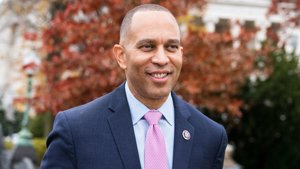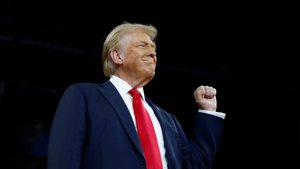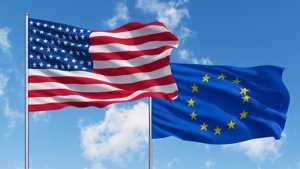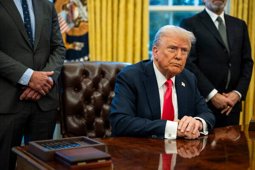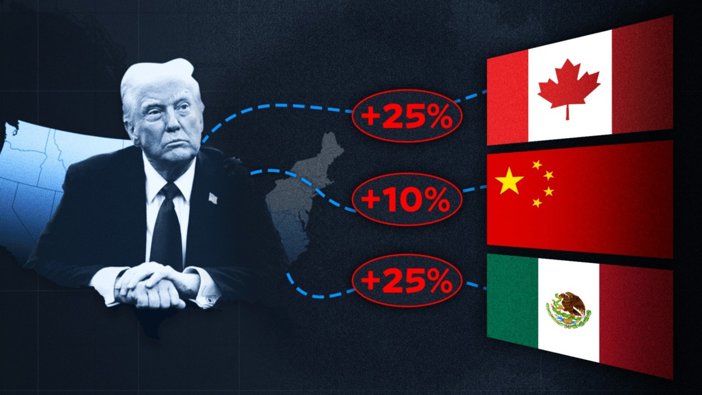
Trump Signals Tariff Flexibility Amid Economic Concerns
President Donald Trump hinted at potential flexibility in his upcoming global tariff plan, even as markets reacted with volatility to his statements. Speaking from the Oval Office, Trump emphasized reciprocal trade but acknowledged that there could be room for adjustments. "Sometimes it’s flexibility," he said, while reinforcing that the tariff rollout remains scheduled for April 2.
Though the administration insists the policy aims to protect American industries, the move has already triggered a downturn in stock markets. The S&P 500 is on track for its fifth consecutive week of losses, with growth forecasts for both the U.S. and global economies being downgraded. The OECD revised its U.S. GDP projections down to 2.2% for 2025 and 1.6% for 2026.
White House spokesperson Kush Desai defended the plan, calling it a unified effort to level the global playing field. Meanwhile, the Federal Reserve has warned of transitory price hikes due to tariff-driven inflation, with Chairman Jay Powell citing increased uncertainty among consumers and businesses.
The European Union, while delaying its retaliatory tariffs, made clear it is preparing a response worth up to EUR 26 billion. An EU spokesperson emphasized that the delay was to allow dialogue but did not indicate a reduction in the planned measures.
Despite ongoing threats, Trump has so far imposed a 25% tariff on steel and aluminum globally and additional 20% levies on Chinese goods. However, he has delayed duties on Canadian and Mexican imports and floated, but not enacted, steep tariffs on European wine and Champagne.
Trump’s latest declaration came on Truth Social, where he called April 2 "Liberation Day in America," stating, "For decades we have been ripped off and abused... now it is finally time for the Good Ol’ USA to get some of that MONEY and RESPECT back."
Economic experts like Gregory Daco of EY-Parthenon warned that uncertainty from tariffs and trade policies may tilt inflation risks upward. Consumer sentiment, small business confidence, and purchasing manager outlooks have all declined in recent weeks, contributing to what Daco described as "rising stagflation risk."
While Trump’s policy aims to address trade imbalances, analysts caution that the economic fallout, including potential stagflation, could outweigh the benefits. As the April 2 deadline approaches, markets and global leaders alike brace for potential disruption.

